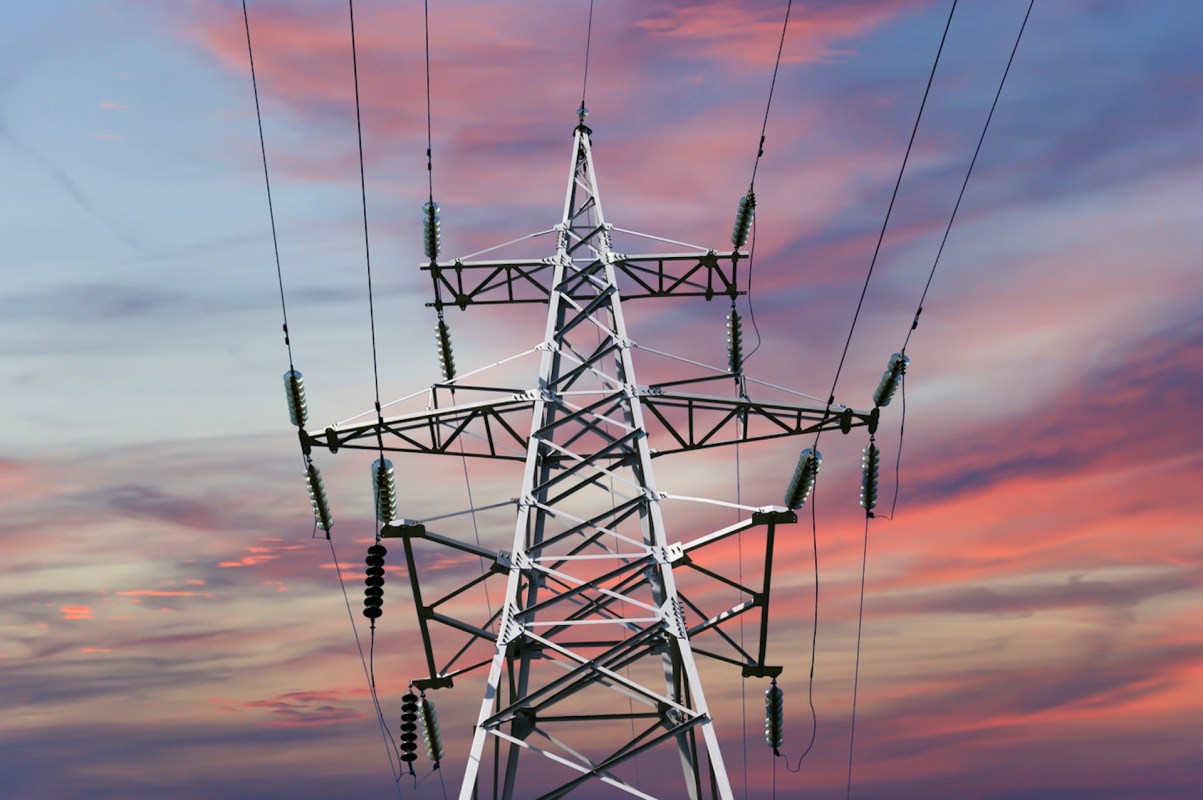With demand for solar power soaring, the United States is expected to produce 14% more energy from the sun than from hydropower in 2024, as reported by Fortune. According to the U.S. Energy Information Administration (EIA), solar facilities for both homes and businesses have experienced dramatic growth in recent years as the world aims to curb planet-warming pollution.
In September 2022, U.S. solar-generated electricity surpassed hydropower for the first time. EIA data showed that solar power produced about 19 billion kilowatt hours (kWh) compared with 17 billion kWh of electricity from hydroelectric dams.
After solar outpaced hydro again in the summer of 2023, the administration forecasted annual solar power production exceeding hydropower in 2024.
🗣️ If you don't have solar panels on your home, which of these factors is the biggest barrier to installing them?
🔘 Upfront costs 💰
🔘 Trouble with my HOA 🚩
🔘 Too much maintenance 🔧
🔘 An incompatible roof 🏠
🗳️ Click your choice to see results and speak your mind
For decades, energy companies have constructed far more solar farms than hydroelectric dams due to declining costs, improved efficiency, and rising demand for sun-powered energy. In fact, the EIA found that from 2009 to 2022, solar energy capacity increased by about 44% per year, while hydroelectric development averaged less than 1% annually.
As more solar power becomes available, it can help cool our overheating planet since it doesn't emit harmful pollution to produce electricity as dirty energy sources do. Also, if you're worried about outrageous electric bills due to sweltering temperatures, installing solar panels may give you — and your bank account — more security.
According to solar energy company EcoFlow, most homeowners could save about $120 per month on their electric bill, on average, with a typical solar setup (though savings are affected by numerous factors). Plus, thanks to the Energy Policy Act of 2005, homeowners can claim a solar investment tax credit on their federal income taxes, helping to keep more money in their wallets.
While hydroelectricity is an affordable and efficient source of non-polluting energy, it comes with a few drawbacks. First off, the massive land area and materials required to build dams contribute to habitat destruction and environmental damage. Plus, as droughts and heat waves continue to ravage the planet due to heat-trapping gases in the atmosphere, hydroelectricity isn't as reliable.
"Weather patterns reduced U.S. hydroelectric generation through August this year. Hydropower generation depends on seasonal hydrologic conditions and long-term weather trends. Although weather patterns also affect solar and wind generation, the biggest contributor to additional generation from these sources is they have had the fastest growth in generating capacity," said principal contributors Jonathan DeVilbiss and Katherine Antonio in an EIA press release.
Join our free newsletter for weekly updates on the coolest innovations improving our lives and saving our planet.









